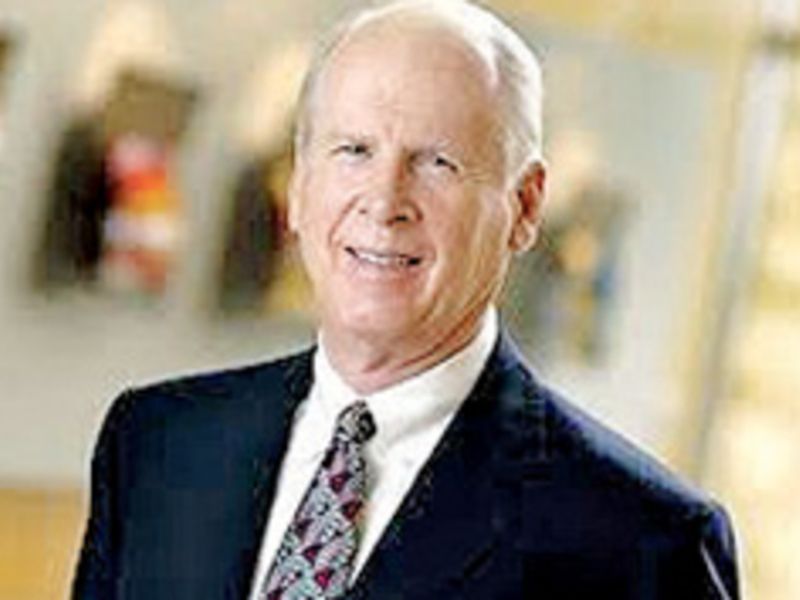
A federal judge in California has agreed to allow former Reynolds and Reynolds Co. CEO Bob Brockman to face charges of tax evasion and wire fraud closer to his home in Houston.
In an order issued Monday, U.S. District Judge William Alsup granted a motion Brockman’s attorneys filed in November to transfer the government’s case against him to the U.S. District Court for the Southern District of Texas. Alsup said several factors, including Brockman’s residence and medical conditions, favored moving the case out of the U.S. District Court for the Northern District of California, where Brockman was indicted in October.
It was not immediately clear Monday what the judge’s order means for a hearing on a motion from Brockman’s lawyers seeking a competency hearing, scheduled for Jan. 12 before Alsup. A government spokesman and Brockman’s attorneys could not immediately be reached for comment.
Alsup wrote that transferring the case is warranted based on a test of several factors, including the defendant’s location, the location of witnesses and other considerations. He wrote that the location of possible witnesses and alleged events related to the case is either neutral or slightly favorable to keeping the case in California.
But other factors — namely, Brockman’s declining health and U.S. Department of Justice policy that aims to prosecute criminal tax cases where a taxpayer lives or works for “the most significant deterrent effect” — make Houston the most appropriate place to pursue the case, Alsup wrote.
He added that moving the case as a whole would “better serve the interests of justice” than separately transferring charges that Brockman failed to file required foreign bank account reports for several years starting in 2013. Brockman’s attorneys contended the California court was not the proper venue for those charges.
“It would similarly defeat the ends of justice to try the whole case here only to have our court of appeals vacate those counts for a retrial. For the reasons stated above, such a reversal would be a realistic scenario should the case remain here,” Alsup wrote. “Given Brockman’s age and questionable health, we do not have the luxury to try this case twice. In the interests of justice, it should be tried where venue is unquestionably proper and that is the place of his residence.”
Brockman faces 39 counts, including tax evasion, wire fraud, money laundering and evidence tampering. He has pleaded not guilty. In November, Brockman stepped down from his roles as chairman and CEO of the privately held dealership management system giant. He was succeeded by Tommy Barras, who had been promoted to president and COO in June.
Brockman’s attorneys filed a motion in December seeking a competency hearing to determine whether he can assist in his defense. His lawyers cited a diagnosis indicative of Parkinson’s disease or Lewy body dementia that is progressive and has impeded his ability to process and retain information, according to court filings.
Prosecutors argued that while they agree a competency hearing is warranted, Brockman’s continuation in the top role at Reynolds after his diagnosis — and until after he was formally charged — raises skepticism about claims that he is unable to aid in his defense.